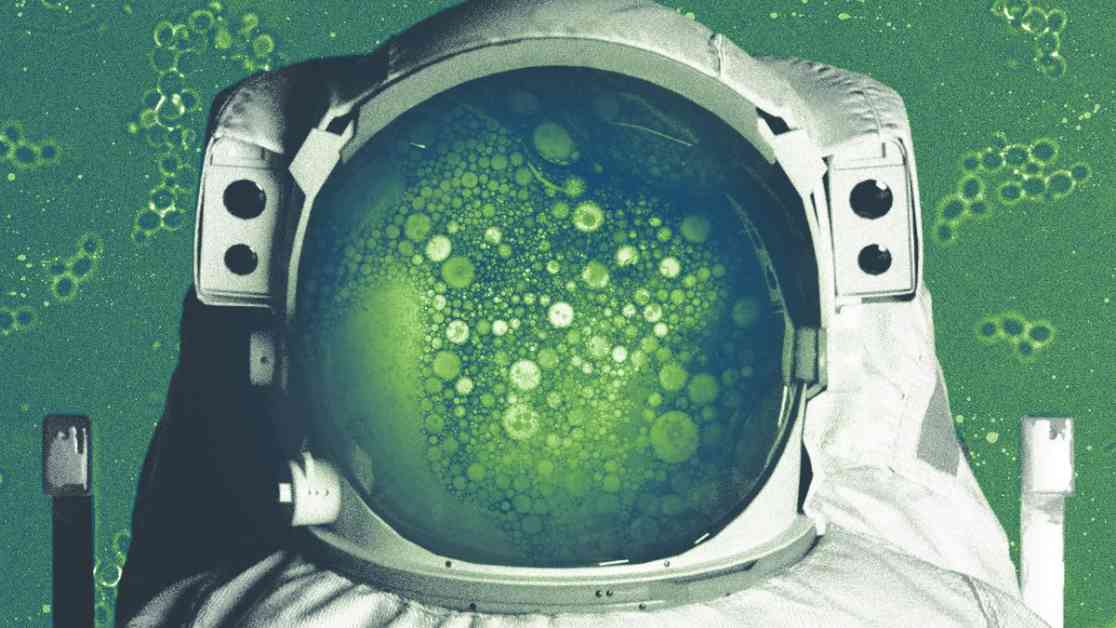Evolution of Space Bacteria: A Threat to Astronauts
The vast expanse of space has always been an intriguing and mysterious place for humans. However, recent studies have uncovered a potential threat lurking in the cosmos – space bacteria evolving to infect astronauts. Earth’s bacteria, when exposed to the unique conditions of space, have shown signs of adaptation that could pose a danger to those living and working in orbit.
Discoveries on the International Space Station
Researchers have been studying various strains of bacteria sourced from the International Space Station (ISS) and comparing them to their counterparts on Earth. Surprisingly, these space-borne bacteria have exhibited distinct differences from their terrestrial counterparts, showcasing qualities that are specifically adapted to survive and thrive in Earth’s orbit. This evolution of bacteria in space raises concerns about the potential risks they may pose to astronauts on extended missions.
One of the key challenges in understanding the implications of these space-adapted bacteria is the uncertainty surrounding the specific dangers they may present. While it is still unclear how these bacteria could affect human health, scientists are working diligently to assess the risks and develop strategies to protect astronauts from potential superbugs that may emerge from this cosmic evolution.
The Need for Vigilance and Precaution
As humanity ventures further into space exploration, the importance of monitoring and mitigating the risks posed by evolving space bacteria cannot be overstated. The confined and controlled environment of spacecraft and space stations can provide ideal breeding grounds for bacteria to mutate and develop resistance to antibiotics, potentially leading to infections that are difficult to treat.
In light of these emerging threats, space agencies and researchers are actively exploring ways to safeguard the health and well-being of astronauts. This includes implementing stringent hygiene protocols, developing new antimicrobial technologies, and conducting ongoing research to stay ahead of the evolving threat posed by space bacteria.
Implications for Future Space Missions
The evolving nature of space bacteria underscores the dynamic and ever-changing environment of space. As humans prepare for long-duration missions to destinations like Mars and beyond, it is crucial to anticipate and address the challenges posed by microbial evolution in space. By staying vigilant and proactive in monitoring and managing the risks associated with space bacteria, we can better ensure the safety and success of future space exploration endeavors.
In conclusion, the discovery of space bacteria evolving to infect astronauts highlights the need for ongoing vigilance and precaution in space exploration. By understanding the risks posed by these evolving microbes and taking proactive measures to mitigate them, we can safeguard the health and well-being of astronauts and pave the way for safe and successful missions into the cosmos.












